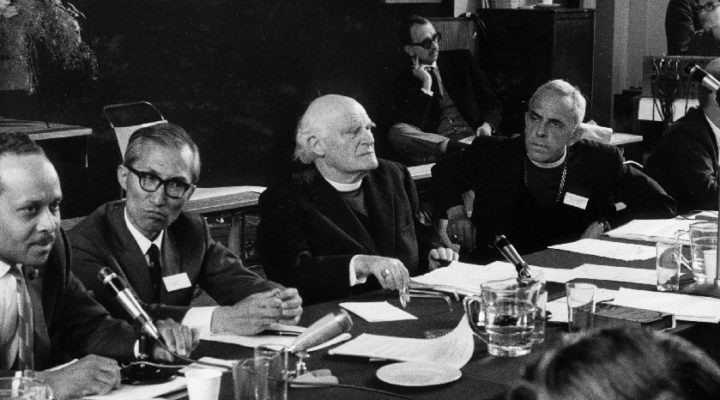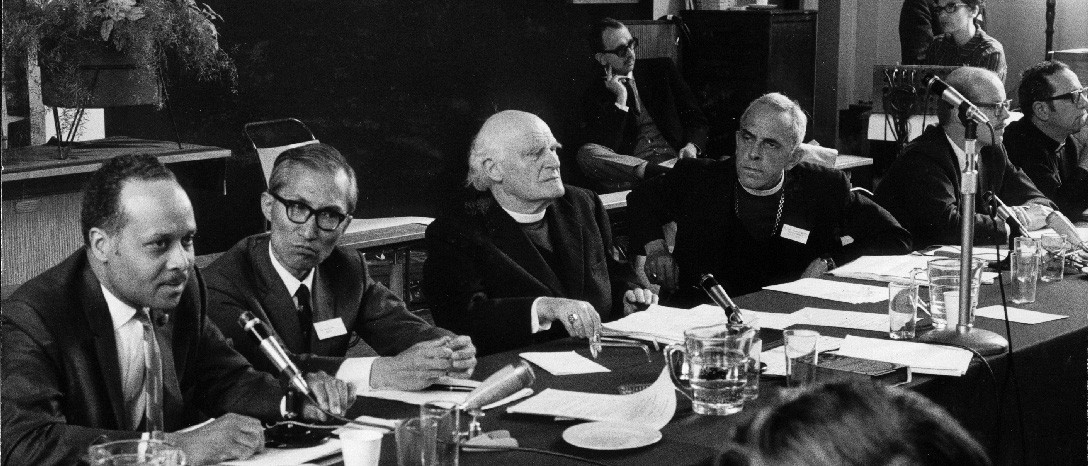When a group of Baptist scholars came together virtually Aug. 9-11 for a roundtable on “Baptists and the Kingdom of God,” they did not know that several in the group had personal experience to speak to one of the presentation topics: apartheid in South Africa.
The Baptist Scholars International Roundtable is housed at Baylor University and supported by member institutions invested in the formation of global-minded Baptist leaders. The group’s focus is intergenerational, transnational development in which BSIR fellows respond to the work of seven scholars selected to participate.
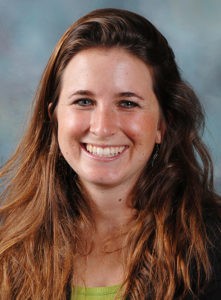
Myra Houser
Myra Houser and her responding fellow, Nigerian-born Caleb Oladipo, exemplified the benefits of sharing work in development. Houser, assistant professor of history at Ouachita Baptist University, spent her childhood in South Africa and took a personal interest in her topic, a historical view of Baptists and apartheid.
While she had studied Christian attitudes toward apartheid generally, she never had examined Baptist responses in particular. After exploring a variety of Baptist leaders’ writings and actions, she concluded that Baptist theological distinctives complicated their responses and caused more intra-denominational controversy.
“Baptists became, in some cases, vocal opponents to the system and its attendant opposition, in other cases, ardent supporters of what they believed to be a natural and biblically justified process, and in other instances, uneasy with staking out a position,” she said. “This led to criticism of Baptist groups from South African Council of Churches and World Council of Churches — from which South Africa’s Baptists withdrew in 1968 — as well as from leaders of other denominations operating within the country.”
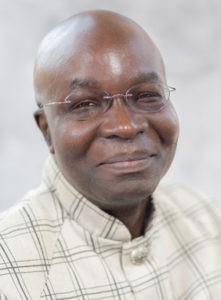
Caleb Oladipo
Oladipo, professor and Snellings Chair of Christian Evangelism and Mission at Campbell University Divinity School, was one of the Baptists involved in anti-apartheid activism in the period of Houser’s study. Receiving a grant to travel to South Africa in the late 1980s to study apartheid, he spoke from personal experience when he further elucidated Houser’s conclusions: “We can say that, at best, Baptists were sitting on the fence silently, and at worst, Baptist leaders were accommodationists during apartheid.”
Other fellows at the seminar reported their own involvement with Baptist anti-apartheid actions, which was an exciting surprise to Houser.
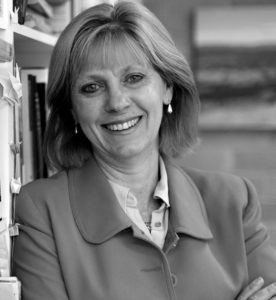
Jeanette Matthews
Jeanette Mathews, senior lecturer in biblical studies at St. Mark’s National Theological College in Australia, was an Australian Baptist living in Capetown in the late 1980s and a member of a group called Fellowship of Concerned Baptists exploring anti-apartheid activism. Paul Fiddes, a leading theologian in the Baptist World Alliance, was involved in conversations among Baptists in Johannesburg in the early 1990s. These firsthand experiences in South Africa, offered by an earlier generation of Baptists from England, Australia and Nigeria, affirmed Houser’s conclusions while at the same time offering additional perspectives.
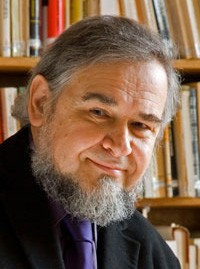
Paul Fides
The roundtable concluded with a keynote address by Baptist historian and distinguished fellow Karen Smith, who recalled the early Baptist dissenters who were marginalized for their beliefs. Smith cautioned Baptists of today to continue seeking light and truth: “As Baptists found greater acceptance within society and grew in number and in perceived status, all too often they have aligned themselves with cultural norms. Such alignment, however, calls for a radical reconsideration of what it means not only to pray for the coming of the kingdom of God, but to seek to live under the rule of Christ, and by a rule of love as we join our love energies with the love energies of God each day … . There is, after all, more light and truth for Baptists to discover, even as we seek to pray and work for the kingdom.”
While BSIR typically meets in person at Oxford University, pandemic conditions necessitated a virtual meeting this year, with 15 participants representing six nations and a variety of perspectives from disciplines such as theology, biblical studies, history and sociology.
Co-director Laine Scales, whose own scholarly work on Baptist women has benefited from similar networks, emphasized the human connections that will drive and enhance scholarly work. “We are forming scholars to seek out and utilize feedback on their work, to write in collaboration with others, and our conversations will continue beyond the formal meeting as we build a sustainable network,” she said. “Although we were all disappointed not to meet in person at Oxford University, we were so pleased with the important connections we were able to make virtually.”
Co-director João Chaves, a Latin American scholar and author of Migrational Religion: Context and Creativity in the Latinx Diaspora, 2021, underscored the importance of building a community of Baptist scholars: “Current demographic trends that continue to tear down walls that once separated people across the globe, make forming global-minded scholars and fostering transnational networks a necessity for the university classroom and the church. BSIR furthers this vision for the sake of particular educational institutions but, more broadly, for the furthering of a global Baptist family that is better prepared to face a number of changing contexts.”
BSIR plans to convene in 2022 at Christ Church in Oxford, where the theme will be Baptists and Higher Education.

